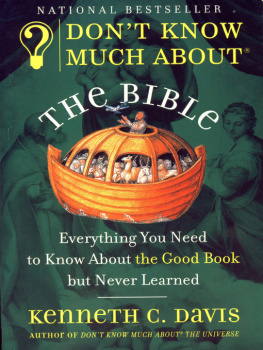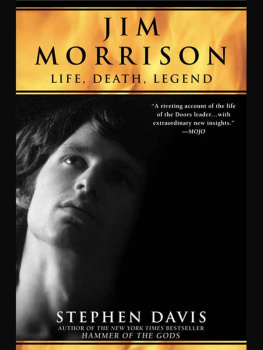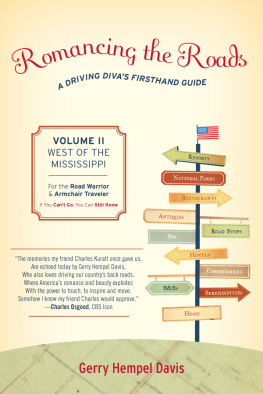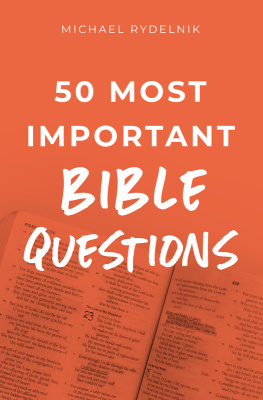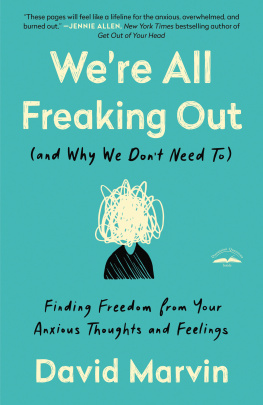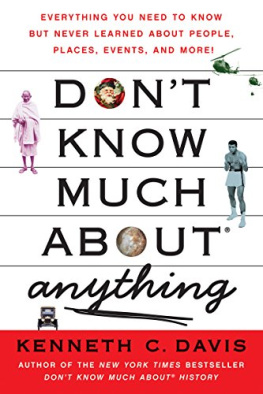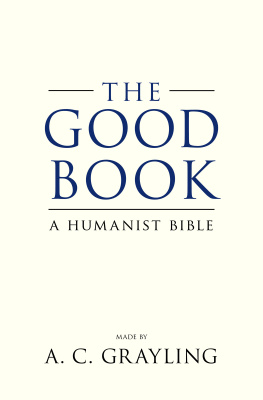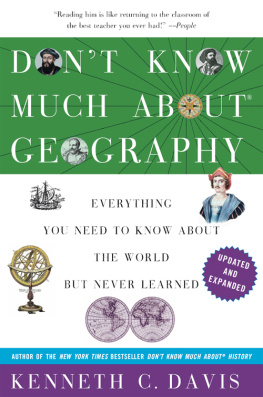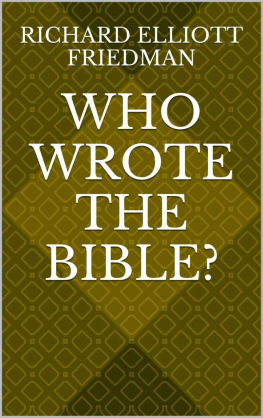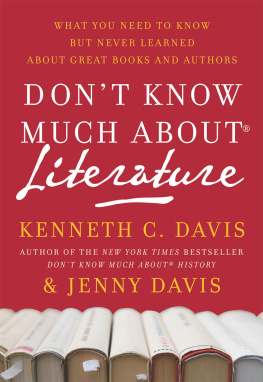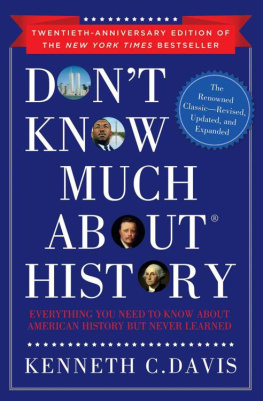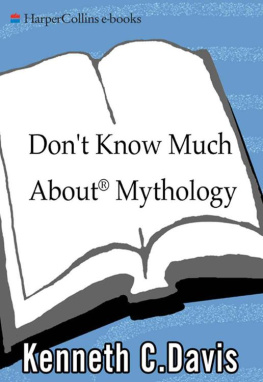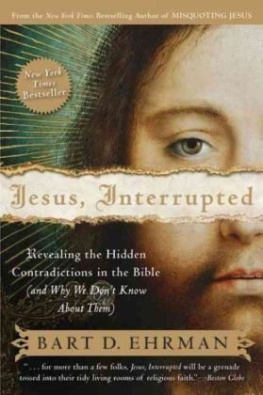Than are dreamt of in your philosphy.
no longer have the sense that we are surrounded by the unseen.
W hen I was in the sixth grade, a building was going up across the street from my school. Like most ten- or eleven-year-old boys, I preferred watching bulldozers in action and concrete being poured to whatever was being written on the blackboard. I spent a lot of sixth grade gazing out the window. I dont think I learned anything that year.
The redbrick structure I watched rising with such absorbed fascination was a church. Unlike the soaring Gothic cathedrals of Europe or the formidable fortress-like stone church my family attended, this was not a typical church. It was being built in the shape of a mighty boat. Presumably, it was Noahs ark. Most of us have a mental picture of Noahs ark and we all think it looks like a cute tugboat with a little house on top.
Except that Noahs ark didnt look anything like that. You can look it up yourself. Right there in Genesis, youll find Gods Little Instruction Book, a set of divine plans for building an ark. Unfortunately, like most directions that come with bicycles or appliances, these are a little sketchy, providing little more than the rough dimensions of 300 by 50 by 30 cubits (or roughly 450 feet long, 75 feet wide, and 45 feet high). God told Noah to add a roof and put in three decks. Beyond that, Gods instructions came without a diagram, unless Noah threw away the blueprints when he finished. So we should count Noah putting this thing together in time to beat the rains as one of the first miracles.
Many years after I gazed out that classroom window, I discovered that the original .
He wasnt alone. Millions of people around the world own a Bible, profess to read it and follow its dictates. Many say they study it daily. But most of us have never looked at a Bible, despite insisting that it is important. According to one recent survey, nine out of ten Americans own a Bible, but fewer than half ever read it. Why? For most folks, the Bible is hard to understand. Its confusing. Its contradictory. Its boring. In other words, the Bible perfectly fits Mark Twains definition of a classic: a book which people praise and dont read.
Not only do we praise the Bible, but we quote it daily in public and private. It permeates our language and laws. It is in our courts for administering oaths. Despite the First Amendment to the U.S. Constitution, it is on the Capitol steps when America inaugurates a president. It is cited by politicians and preachers, playwrights and poets, peace lovers and provocateurs.
As its phenomenal sales prove, the Bible holds a special place in nearly every country in the world. The worldwide sales of the Bible are literally uncountable. It is even tough to keep track of all the translations of the Bible that exist around the world. There are complete Bibles in more than 40 European languages, 125 Asian and Pacific Island languages, and Bible translations into more than 100 African languages, with another 500 African-language versions of some portion of the Bible. At least fifteen complete Native-American Bibles have been produced. The first Native-American translation, completed in 1663, was made into the language of the Massachusetts tribe, which the Puritan colonists then promptly wiped out.
In English, there are more than 3,000 versions of the entire Bible or portions of the Bible. The King James Version, first produced in 1611, and the Revised Standard Version remain the most popular translations, but publishers thrive on introducing new versions and specialty Bibles every year. The Living Bible , one contemporary, paraphrased version, has sold more than 40 million copies since 1971. Around the world, active Bible study classes attract millions of students. So, whether we worship in some formal setting or not, it is clear that people of nearly every nation remain fascinated by the Bible and its rich treasury of stories and lessons.
To many of them, it is still the Greatest Story Ever Told. For millions of Christians, the Old and New Testaments make up the Good Book. For Jews, there are no Old and New Testaments, only the collection of Hebrew scriptures that are equivalent to the Christian . In spite of these differences, the common chord for Christians and Jews is strong: these books have been the source of inspiration, healing, spiritual guidance, and ethical rules for thousands of years.
The Bible is clearly many things to many people. The problem is, most of us dont know much about the Bible. Raised in a secular, media-saturated world in which references to God and religion leave us in embarrassed silence, we have wide-ranging reasons for this ignorance. For some, it was simply being bored by the drone of Sunday school or Hebrew class. Others received their Bible basics from the great but factually flawed Hollywood epics like The Ten Commandments, The Greatest Story Ever Told , and The Robe .
But most people simply never learned anything at all about a book that has influenced the course of human history more than any other. Public schools dont dare go near the subject of religionperhaps we should be grateful for that, given their track record on the other three Rs. The media generally limits its coverage of religion to the twice-yearly Christmas-Easter stories, unless there is a scandal or a lunatic-fringe disaster, like those of the Heavens Gate or Branch Davidian cults. Weve stopped sending our children to Sunday school or synagogue, and stopped going ourselves. The ignorance doesnt stop at the churchyard gates. In a 1997 survey, the London Sunday Times found that only 34 percent of 220 Anglican priests could recite all of the Ten Commandments without help! All of them remembered the parts about not killing and not committing adultery. But things got a little fuzzy after that. In fact, 19 percent of these priests thought that the eighth commandment is Life is a journey. Enjoy the ride.
At least they didnt think it was Just do it.
Even those who think they know the Bible are surprised when they learn that their facts are often half-truths, misinformation, or dimly remembered stories cleaned up for synagogue and Sunday school. For centuries, Jews and Christians have heard sanitized versions of Scripture that left out the awkward, uncomfortable, and racier Bible stories. Sure, most people have some recollection of Noah, Abraham, and Jesus. But they are less likely to know about the tales of rape, impaling, and ethnic cleansing routinely found in the Bible. These are timeless stories with timeless themes: justice and morality; vengeance and murder; sin and redemption. Pulp Fiction and NYPD Blue have nothing on the Bible!

